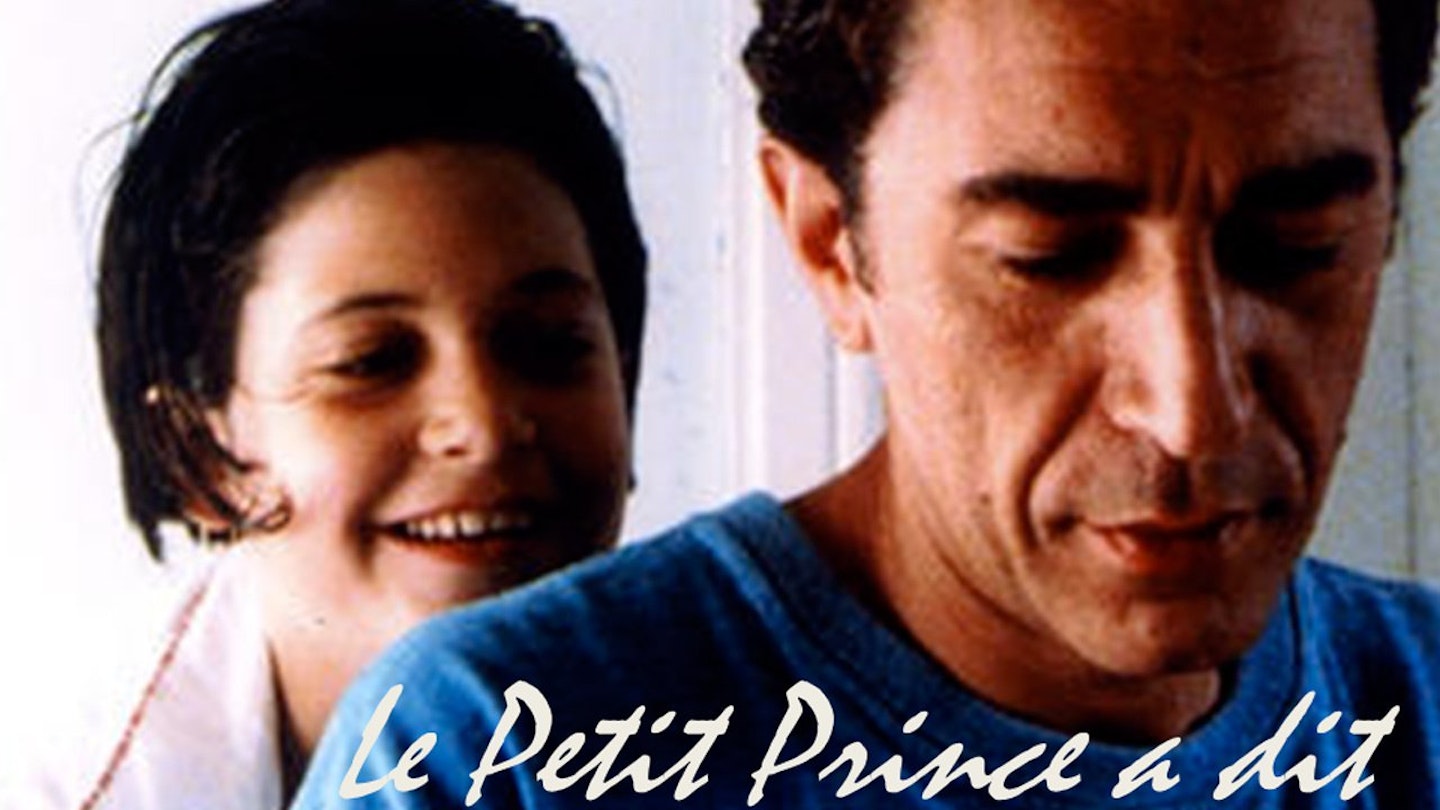Research scientist Adam Leibovich (Berry) blames the clumsiness of his ten-year-old daughter Violette (Kleiber) on his ex-wife Melanie (the bizarrely named Anemone). When Adam discovers that Violette has an advanced brain tumour, he runs away with her to a country house where Melanie joins them for a final family reunion.
The sum of these various parts is a tragic tale, fluently told, whose grim portents and tragic symbolism never get too heavy-handed. Since director Pascal is more concerned with living than dying, the focus is on an unfulfilled and torn family relationship and the one brief chance they have of reconciliation. And once Adam turns his back on medical help and runs away with his child, the film wisely eschews the typical "drips-and-swabs" approach to the subject matter. Also side-stepped are the histrionics, mawkishness and desperate search for answers witnessed in Lorenzo's Oil and countless TV soaps.
The performances are universally outstanding, and the film's sweetest moment is a finely constructed sequence in which Violette's parents try and coax her out of a sulk by making her favourite desert. A more charming piece of human observation you would be hard-pressed to find all year. Surprisingly, it's taken three years for this to reach these shores, but now it has, it's well worth seeking out. There's a mix of emotions to be had, but err on the side of caution and take a handkerchief, preferably a large one.
